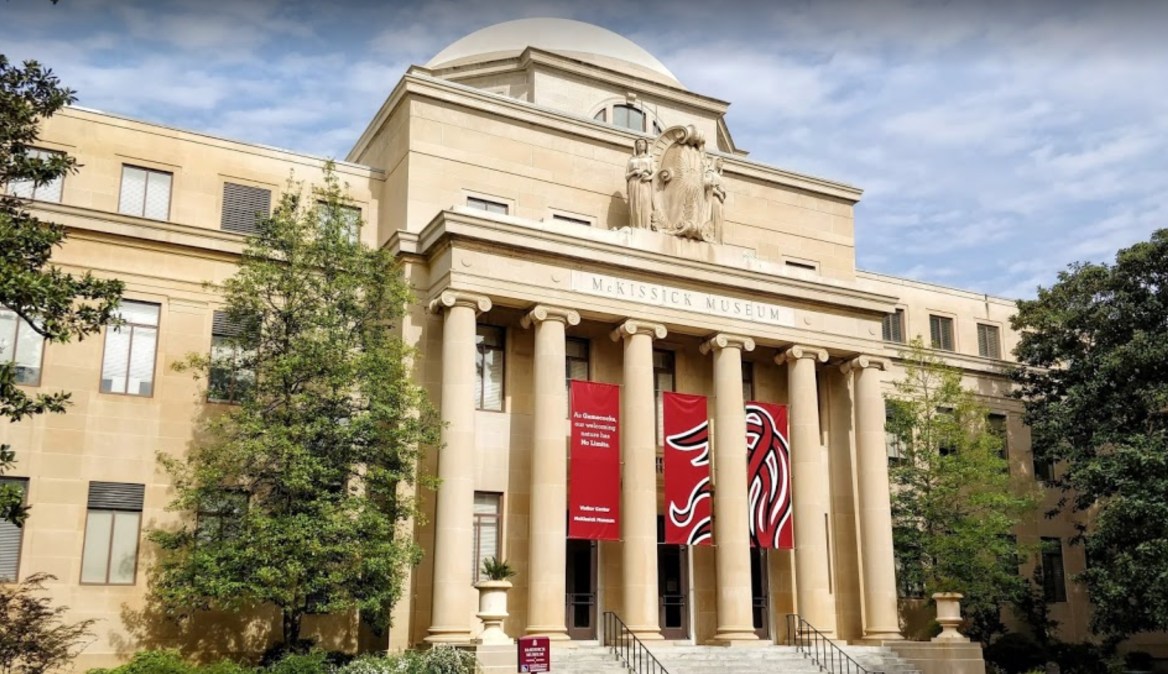U. South Carolina to play key role in ‘statewide cyber ecosystem’

The University of South Carolina has partnered with the state government to create a “statewide cyber ecosystem” designed to bolster the workforce and protect the region’s digital infrastructure, university President Bob Caslen and Gov. Henry McMaster announced at a press conference on Thursday.
The plan, officials said, will begin a study to identify the state’s cybersecurity assets, determine its strengths and weaknesses and to form a strategy. The effort, which is set to include work in education, defense and private industry, McMaster said, could make South Carolina “one of the nation’s premier cyber hubs.”
The University of South Carolina already leads much of the state’s legal, policy and workforce development for cybersecurity. This latest initiative advances that partnership with South Carolina as part of a “critical statewide effort,” said Caslen, a retired Army officer who served as West Point’s superintendent from 2013 to 2018.
“As South Carolina’s flagship university, we are uniquely positioned to help develop the future cyber workforce the state needs as well as inform stakeholders on emerging cyber research and best practices that impact security and the state’s economy,” Caslen said.
Beyond the initial study and development of a statewide plan to improve the state’s workforce, the university also plans to establish a “cyber institute,” said Bill Kirkland, executive director of the university’s innovation office. That institute would combine outreach, education, research and workforce development efforts to support the statewide cybersecurity plan, he said.
And in addition to bolstering a statewide cybersecurity workforce, the initiative may also serve another motive for Caslen, who last October said he has “no intention whatsoever” of raising tuition. Finding new ways to rent out the university’s facilities or to generate revenue through new partnerships, he said, is one alternative to tuition raises.
The university already partners on research with military facilities, such as the Army Cyber Center of Excellence at nearby Fort Gordon in Augusta, Georgia, and in December joined in founding the Army Cyber Institute, providing training to “electronic warfare operators.”
Several nearby military organizations are involved in the new statewide ecosystem project, including Fort Gordon’s U.S. Army Cyber Command and center of excellence, along with the Naval Information Warfare Center in Charleston.
“This statewide cyber strategy is an opportunity to develop a cyber ecosystem that trains, attracts, and produces a workforce for the knowledge economy’s high-tech, high-paying jobs,” McMaster said. “Cyber professionals are in high demand, and through these efforts we can make South Carolina one of the nation’s premier cyber hubs.”




